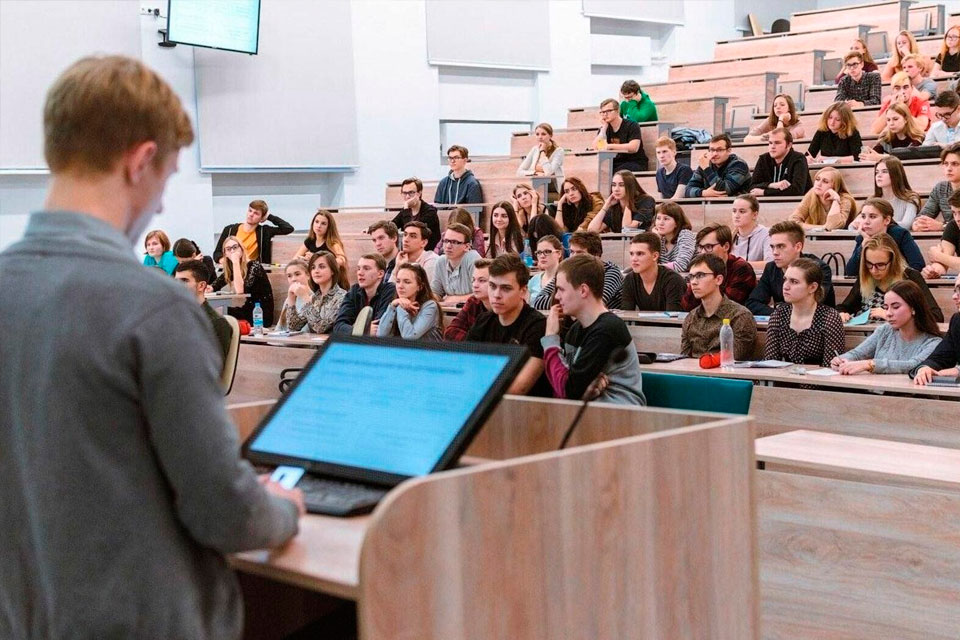Introduction
The way we learn has changed dramatically in the last decade. Traditional education with classrooms, textbooks, and in-person teachers has been joined by MOOCs (Massive Open Online Courses). Both systems offer advantages, but they also have limitations. For students deciding where to invest their time and effort, the question remains: which is better?

What Are MOOCs?
MOOCs are online courses open to thousands of learners worldwide. Platforms like Coursera, edX, and FutureLearn provide access to lectures from top universities. Most courses are free to audit, while certificates are paid.
Advantages of MOOCs:
- Accessibility from anywhere with internet.
- Flexibility — study anytime, at your own pace.
- Affordable or even free options.
- Wide variety of topics, from coding to philosophy.
Limitations of MOOCs:
- Less personal interaction with instructors.
- Requires strong self-discipline.
- Certificates may not always be recognized by employers.
What Defines Traditional Education?
Traditional education is the standard classroom-based system found in schools and universities. It involves face-to-face teaching, structured programs, and social interaction.
Advantages of Traditional Education:
- Direct interaction with professors and peers.
- Recognized diplomas and degrees.
- Structured environment for accountability.
- Networking opportunities for career growth.
Limitations of Traditional Education:
- Expensive tuition fees.
- Less flexibility — fixed schedules and locations.
- Limited course variety compared to online platforms.
Key Differences Between MOOCs and Traditional Education
- Flexibility: MOOCs let you study anytime, while traditional education follows strict schedules.
- Cost: MOOCs are low-cost or free, while universities can be very expensive.
- Recognition: Traditional diplomas are widely accepted, MOOCs still face limited recognition.
- Learning style: MOOCs demand self-motivation; traditional systems provide structure and guidance.
- Social aspect: Universities offer in-person networking, while MOOCs rely on online forums.
Which One Is Better?
The answer depends on your goals. If you want affordable, flexible learning or to explore new topics quickly, MOOCs are a perfect choice. If you need a recognized qualification, career networking, or structured guidance, traditional education still holds strong value.
Some students now combine both: using MOOCs to supplement their formal education. This hybrid model often brings the best results — gaining recognized degrees while staying updated with the latest knowledge through online courses.
Conclusion
Neither MOOCs nor traditional education is absolutely better. Each has strengths and weaknesses. For students who value flexibility and affordability, MOOCs shine. For those seeking recognized credentials and in-person interaction, traditional education remains essential. The future of learning may not be a choice between them but a balance of both.

